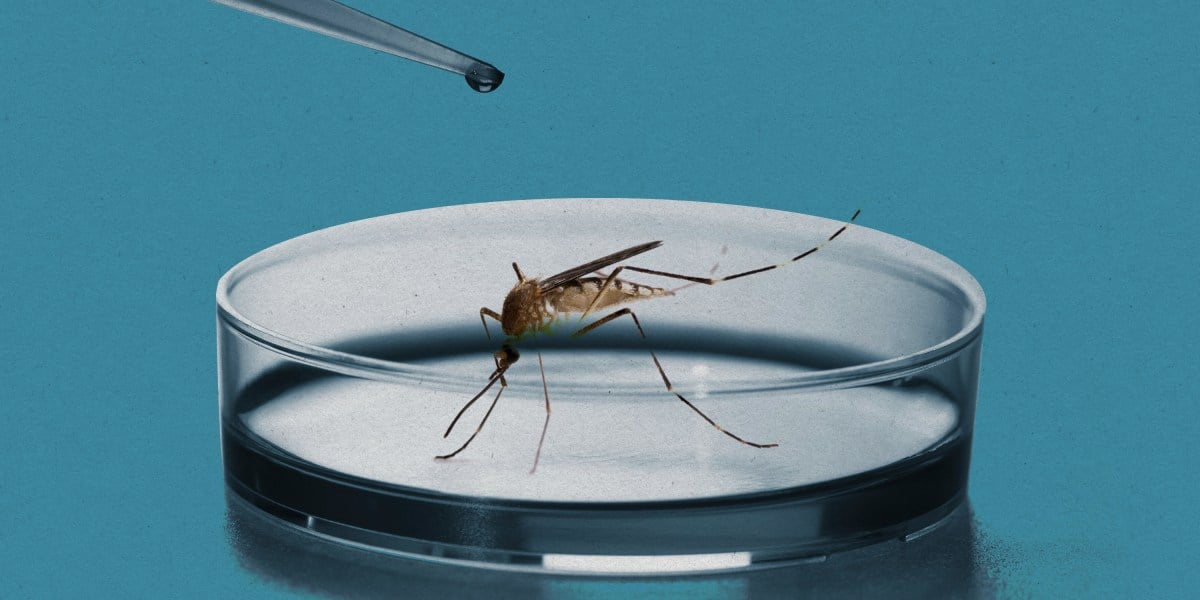From the article –
One of the country’s anti-dengue strategies aims to hamper the mosquitoes’ ability to spread disease by infecting the insects with a common bacteria—Wolbachia. The bacteria seems to boost the mosquitoes’ immune response, making it more difficult for dengue and other viruses to grow inside the insects. It also directly competes with viruses for crucial molecules they need to replicate.
Wolbachia is crazy. depending on what insect / animal you are Wolbachia will either make you sterile, or the only way to become fertile. “I Contain Multitudes” by Ed Yong goes into detail - his book is easily digestible and a fun science read
Thank you. I’ll look it up.
I have had dengue twice. 2/10, would not recommend.
Congratulations, you’re halfway there! Just two more times and you’ll never catch it again 😁
Yeah, I’ve seen the hemorrhagic. Noooooooo thank you.
It’s that below the pelagic?
This is the best summary I could come up with:
This year has brought an abundance of wet, warm weather, boosting populations of Aedes aegypti, the mosquitoes that spread dengue.
Last year I visited the program’s largest insectary—a building in Medellín, Colombia, buzzing with thousands of mosquitoes in netted enclosures— with a group of journalists.
The insects now cover an area with a population of more than 3 million across five municipalities: Rio de Janeiro, Niterói, Belo Horizonte, Campo Grande, and Petrolina.
“Niterói is the first Brazilian city we have fully protected with our Wolbachia method,” says Alex Jackson, global editorial and media relations manager for the World Mosquito Program.
But they all provide some hope that the world can find ways to fight back even as climate change drives dengue and other infections to new peaks and into new territories.
The FDA has approved a label expansion that will allow Novo Nordisk to market the drug for its heart benefits, which might prompt more insurers to cover it.
The original article contains 1,043 words, the summary contains 159 words. Saved 85%. I’m a bot and I’m open source!




